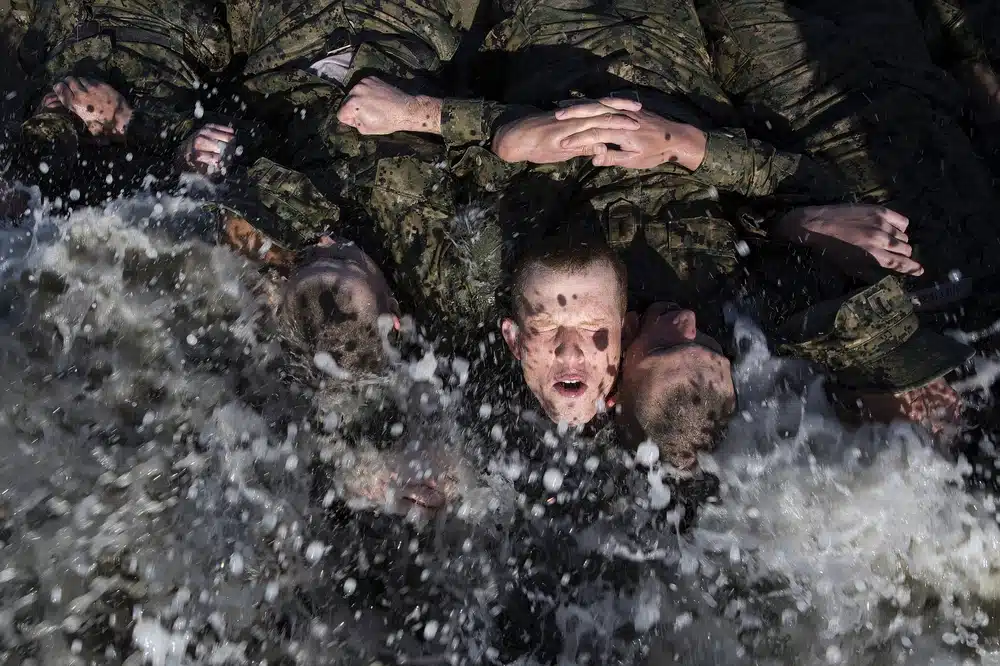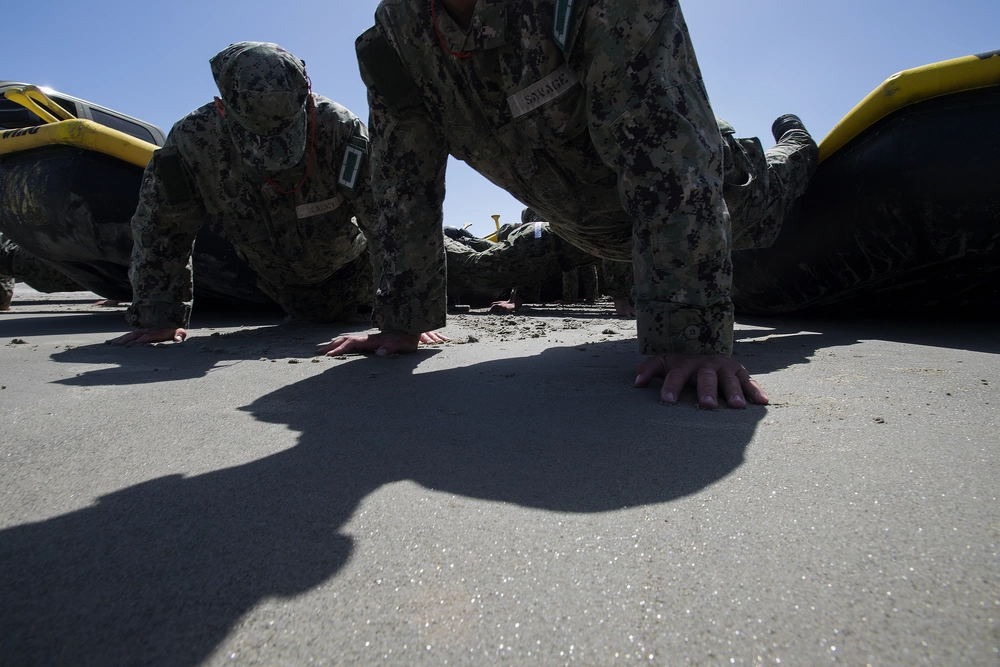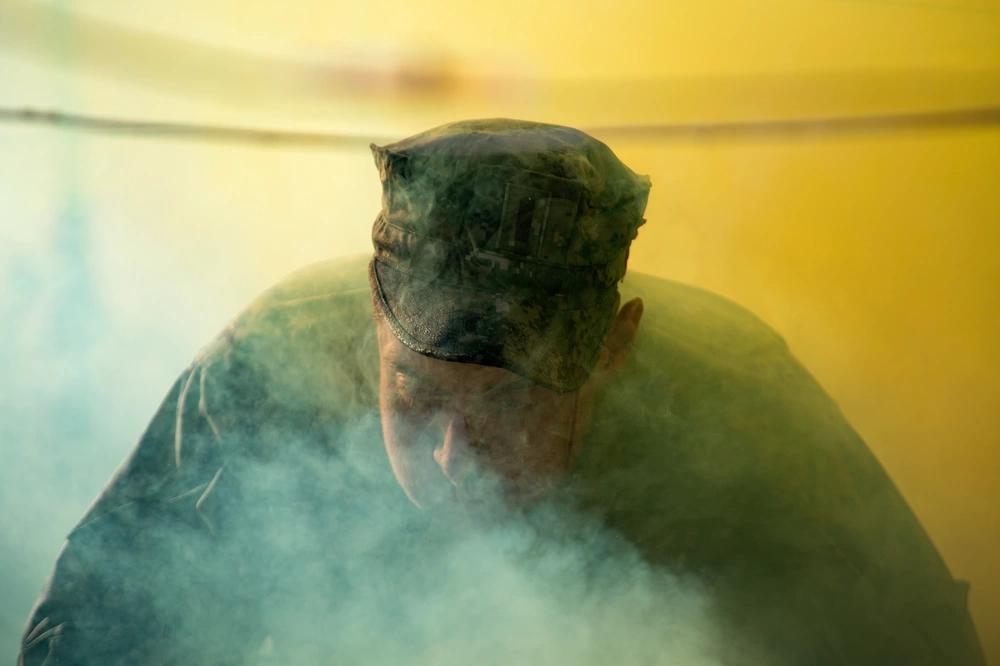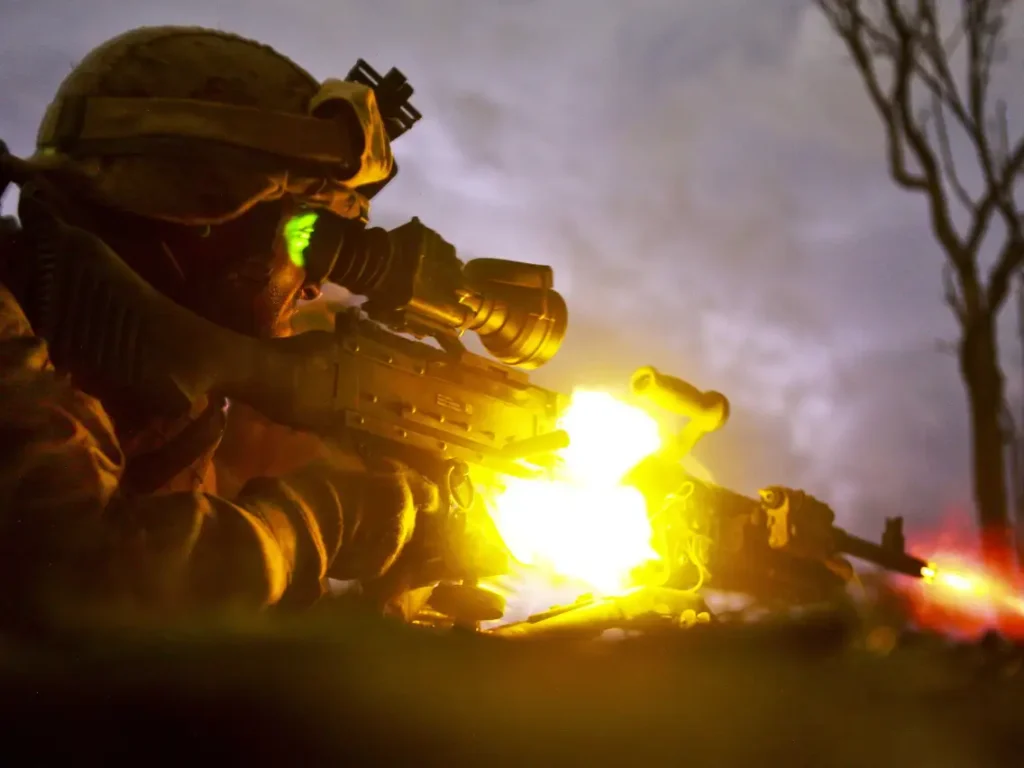US Navy announces changes to BUD/S as a result of Navy SEAL trainee’s death
- By Frumentarius
Share This Article

The U.S. Navy has announced that it will make changes to Basic Underwater Demolition/SEAL training (BUD/S) in response to the post-Hell Week death of trainee Kyle Mullen this past February. The Navy’s investigation of Seaman Mullen’s death concluded that the trainee died as a result of bacterial pneumonia that was aggravated by an enlarged heart. The announced changes appear to aim at identifying potentially harmful medical conditions of prospective trainees, as well as to improve the responsiveness of emergency medical care for trainees in the post-Hell Week period.
First, the Navy announced that it would begin adding enhanced screening measures for BUD/S candidates to identify potentially dangerous preexisting cardiac conditions. It is unclear if Mullen would have been screened out of training as a result of those enhanced screening criteria. Nor is it clear what caused his enlarged heart in the first place. However, the Navy clearly intends to prevent future medical emergencies in BUD/S that can result from identifiable preexisting medical conditions.
Related: Can the Naval Special Warfare’s new command fix the problems of the Navy’s elite?

The Navy also announced that it would employ “increased prevention measures” for pneumonia, though it was unclear what those would be. One such possible measure is the prescription of prophylactic antibiotics, which have been used in the past to combat other bacterial infections in BUD/S. Additionally, an extended 24-hour medical monitoring period for trainees who complete Hell Week will be put into effect. In the past, BUD/S trainees have been free to leave the BUD/S compound the morning after Hell Week ends. They will now presumably be compelled to remain on the training compound until the monitoring period is completed.
Finally, the Navy announced that it would begin to screen trainees using urine tests for use of prohibited performance-enhancing drugs (PEDs). In the wake of Mullen’s tragic death, an apparent widespread PED use amongst BUD/S trainees was exposed. The investigation into his death revealed that Mullen was found in possession of — and “suspected of misusing” — a number of PEDs, including human growth hormone (HGH) and testosterone. It is even medically possible that those PEDs contributed to Mullen’s enlarged heart, though it appears that the Navy’s medical experts did not conclusively attribute the PED use to his enlarged heart. Nor did the medical examiner’s autopsy report find any evidence of PEDs in Mullen’s system.
Related: Navy SEAL doctor speaks about the peculiar dangers of Hell Week

Regardless of the role PEDs played in Mullen’s case, the Navy appears determined to crack down on the use of such substances by BUD/S trainees. While it does not come as a surprise to this author that trainees are seeking any and every possible edge to make it through BUD/S, it is still nevertheless distressing that trainees feel they must expose themselves to such medically risky measures to succeed. In the case of Kyle Mullen, taking such a risk could possibly have contributed to his death.
That said, one should not minimize the fact that the BUD/S medical staff left an obviously sick Mullen unsupervised in the wake of Hell Week, to the point that his fellow trainees felt the need to call 911 to get him help.
ABC News reported that Naval Special Warfare (NSW) Command delivered non-punitive reprimands to three officers in relation to Mullen’s death. The officers included the commodore of the Naval Special Warfare Center (parent command of BUD/S); the commanding officer of the NSW Basic Training Command; and a senior medical officer at BUD/S.
None of the three were fired, demoted, or punished in any other way as a result of Mullen’s death.
Feature image: U.S. Navy SEAL candidates participate in Basic Underwater Demolition/SEAL (BUD/S) training. SEALs are the maritime component of U.S. Special Forces and are trained to conduct a variety of operations from the sea, air, and land. (U.S. Navy photo by Petty Officer 1st Class Abe McNatt)
Read more from Sandboxx News
Related Posts
Sandboxx News Merch
-

‘Sandboxx News’ Dad Hat
$27.00 Select options This product has multiple variants. The options may be chosen on the product page -

‘AirPower’ Golf Rope Hat
$31.00 Select options This product has multiple variants. The options may be chosen on the product page -

‘Kinetic Diplomacy’ Bumper Sticker (White)
$8.00 Add to cart
Frumentarius
Frumentarius is a former Navy SEAL, former CIA officer, and currently a battalion chief in a career fire department in the Midwest.
Related to: Breaking News

How US Special Forces took on Wagner Group mercenaries in an intense 4-hour battle

F-16s carrying the A-10’s 30mm cannon actually saw combat

How does China’s new J-35 stealth fighter compare to America’s F-35?

Why China’s new J-35 jet could mean trouble for America
Sandboxx News
-

‘Sandboxx News’ Trucker Cap
$27.00 Select options This product has multiple variants. The options may be chosen on the product page -

‘AirPower’ Classic Hoodie
$46.00 – $48.00 Select options This product has multiple variants. The options may be chosen on the product page -

‘AirPower’ Golf Rope Hat
$31.00 Select options This product has multiple variants. The options may be chosen on the product page -

‘Sandboxx News’ Dad Hat
$27.00 Select options This product has multiple variants. The options may be chosen on the product page
